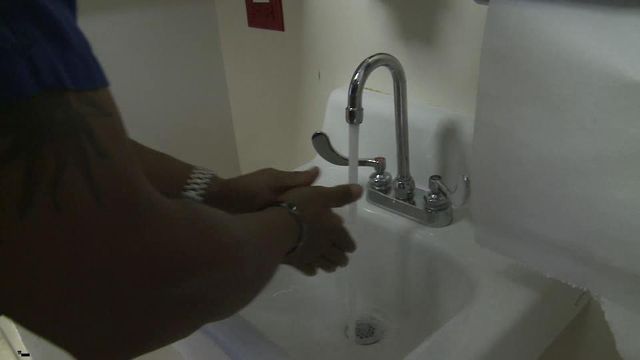Procedure changes help Raleigh hospital avoid bacterial infections
Although it seems unlikely, a hospital intensive care unit is where people are most likely to get life-threatening bacterial infections.
Posted — UpdatedInfections can get to the blood stream quickly through catheters that deliver drugs to the heart, and most patients already have weakened immune systems. The combination can be deadly.
ICU nurse Stephanie Johnson-Dean spearheaded the effort by coming up with a checklist of 89 practices to improve safety. Nurses were required to wash their hands more often, wear gowns, masks and gloves and be sure to keep central line equipment in one place.
"All these lines, the Hickman, the porta cath, central line and the picc line, all the tips end up in the superior vena cava," nurse James Campbell said.
The superior vena cava is where caustic drugs mix into the blood stream. It's also the most likely place that bacteria might invade the body.
"Central line infections are one of the most deadly and costly of hospital infections," Rosemary Brown, chief of nursing at Duke Raleigh, said.
On top of new procedures to make sure nurses remain sterile, patients get antiseptic baths and full-body cloth barriers. Once central lines have been established, another barrier covers the site.
It's a complicated process, but it's worked.
"The success is obvious, because we have now gone 839 days without a central line-associated blood stream infection," Brown said.
Nurses at Duke Raleigh Hospital are hoping that other hospitals in their collaborative association will adopt their procedures to help better protect patients.
• Credits
Copyright 2024 by Capitol Broadcasting Company. All rights reserved. This material may not be published, broadcast, rewritten or redistributed.





